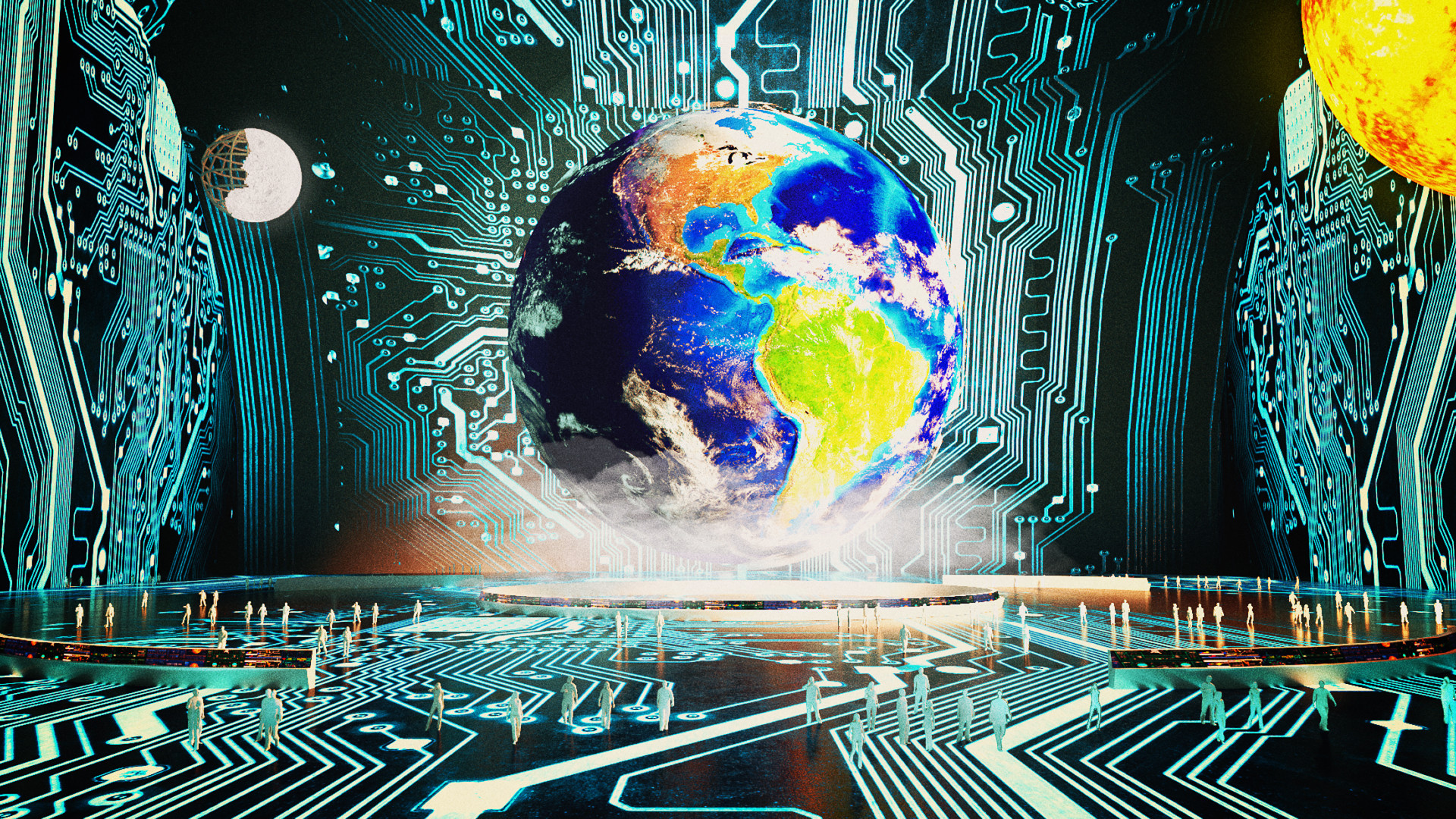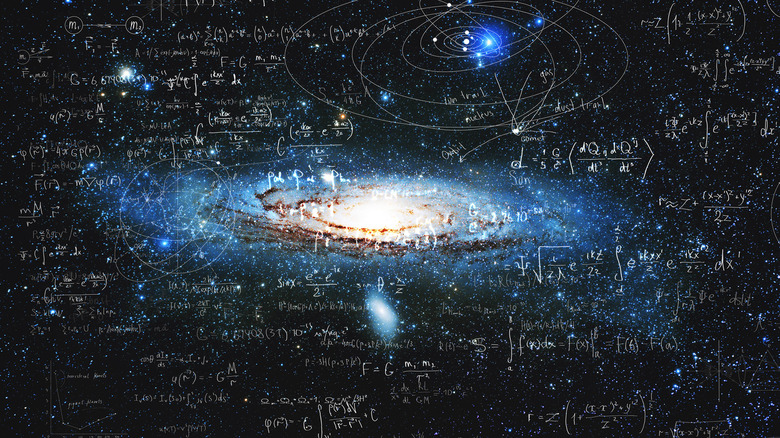Do We Live In A Simulation? Researcher Claims He Found Proof Of Our Universe's Source Code
What if the universe isn't as spontaneous as it seems? What if the galaxies, the laws of physics—even you—are all running on code? It's a theory that's captivated scientists and sci-fi fans alike. And now, a physicist says he may have found the universe's source code.
The idea that we might be living in a simulation really took off in 2003, when Oxford philosopher Nick Bostrom suggested it could be more likely than not that our reality is a hyper-advanced computer program. Since then, researchers have been chasing signs of anything that might resemble a glitch in the matrix.
But physicist Michael Vopson is taking a different approach. Instead of looking for broken pixels in the cosmos, he's searching for efficiency—patterns that suggest our universe is built like a well-optimized algorithm. At the heart of his theory is something called the Second Law of Infodynamics.

Unlike the traditional laws of thermodynamics, which describe energy and entropy, Vopson's law applies to information itself. He argues that over time, the universe doesn't tend toward chaos but toward compressed order. He suggests the universe is operating like a vast data optimization program.
This behavior extends beyond physics, too. Genetic information, for instance, doesn't behave as randomly as Darwinian theory might suggest. Instead, it seems to minimize information entropy over time in the same way a system is designed to store and transmit data as efficiently as possible. In short, Vopson believes this could be evidence of the universe's source code at work.
Of course, not everyone's convinced—and why should they be? Some scientists are skeptical, saying the simulation theory treads dangerously close to pseudoscience or even theology dressed up in tech lingo. After all, is there a real difference between an all-powerful creator and a superintelligent programmer?
Still, Vopson's claims open the door to a new way of looking at the cosmos. If he's right, it means the universe isn't just expanding: it's compressing. Not into black holes, as stars do when they die, but into a beautifully ordered string of digital logic.
